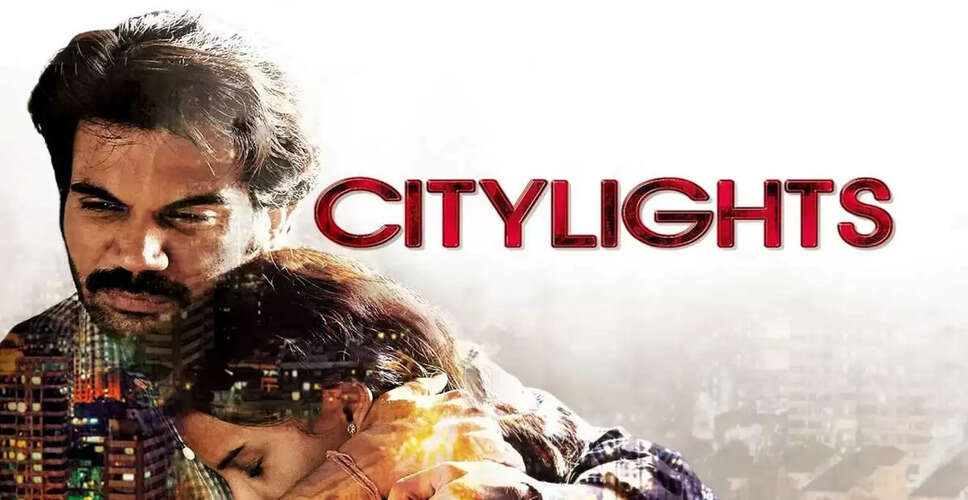Hansal Mehta Reflects on the Legacy of Citylights After 11 Years

Citylights: A Journey of Emotion and Craft
Hansal Mehta views Citylights not merely as a film but as a tapestry woven from chaos, creativity, and a dedicated team of 25 dreamers. In this heartfelt reflection, the renowned director shares insights into the emotional and cinematic odyssey that many regard as his masterpiece.
A Unique Creation
Although Citylights began as a remake, the team never watched the original Metro Manila. Mehta admits he still hasn't seen it, but acknowledges it might be superior. However, Citylights evolved into something uniquely ours, using Ritesh Shah's script as a foundation to create a narrative rooted in the shadows of our city, illuminated only by the light we could find.
Authenticity in Every Frame
The trains depicted in the film served as more than mere symbols; they were integral locations. Filming took place on platforms, within compartments, and amidst crowds, making the city itself a vital character in the story. The production relied on synchronized sound, minimal equipment, and a lot of faith.
Praise for the Cinematographer
Dev Agarwal, our courageous cinematographer, captured the essence of the city during the quiet dawn and the lively midnight hours. Apurva Asrani's sensitive editing shaped the narrative in ways that still resonate with me. Vinod Rawat, our casting director, discovered faces that were not just acting but truly living their roles. My son Jai, as chief assistant, held everything together with a maturity beyond his years. Despite having only 25 crew members, their passion was immense, creating a beautiful chaos.
Citylights' Place in Mehta's Career
Citylights reignited my passion for filmmaking. It was devoid of vanity, focusing solely on craft and chaos. We filmed quickly and authentically, leading to a pure outcome. Rajkummar Rao delivered what I believe to be his best performance, portraying a man unraveling with quiet dignity. Patralekha's portrayal of Rakhi was deeply moving, requiring few words, while Manav Kaul made a striking debut.
Musical Success
The song Muskurane became a hit, but Soney Do… remains etched in my memory as the film's true musical gem.
Themes of Migration
Citylights, much like Bimal Roy's Do Bigha Zameen, addresses the theme of rural migration. It tells the story of those overlooked by the city—the migrants, the invisible, and the faceless foundations of urban India. It's ironic that my reflections on The Studio centered on empathy, especially for those whose decisions limited the film's potential. I've learned to accept these contradictions as part of the creative journey. Eleven years later, I yearn for that kind of experience again, where storytelling was instinctual and cinema a means of survival.
Editing Challenges
The studio, perhaps out of insecurity, imposed cuts that I cannot fully embrace. The director's cut was raw and unrefined, possibly lengthy and still, but it possessed a soul. Only a few have seen that version, and I hope it eventually sees the light of day, although I fear those drives may have been recycled.
